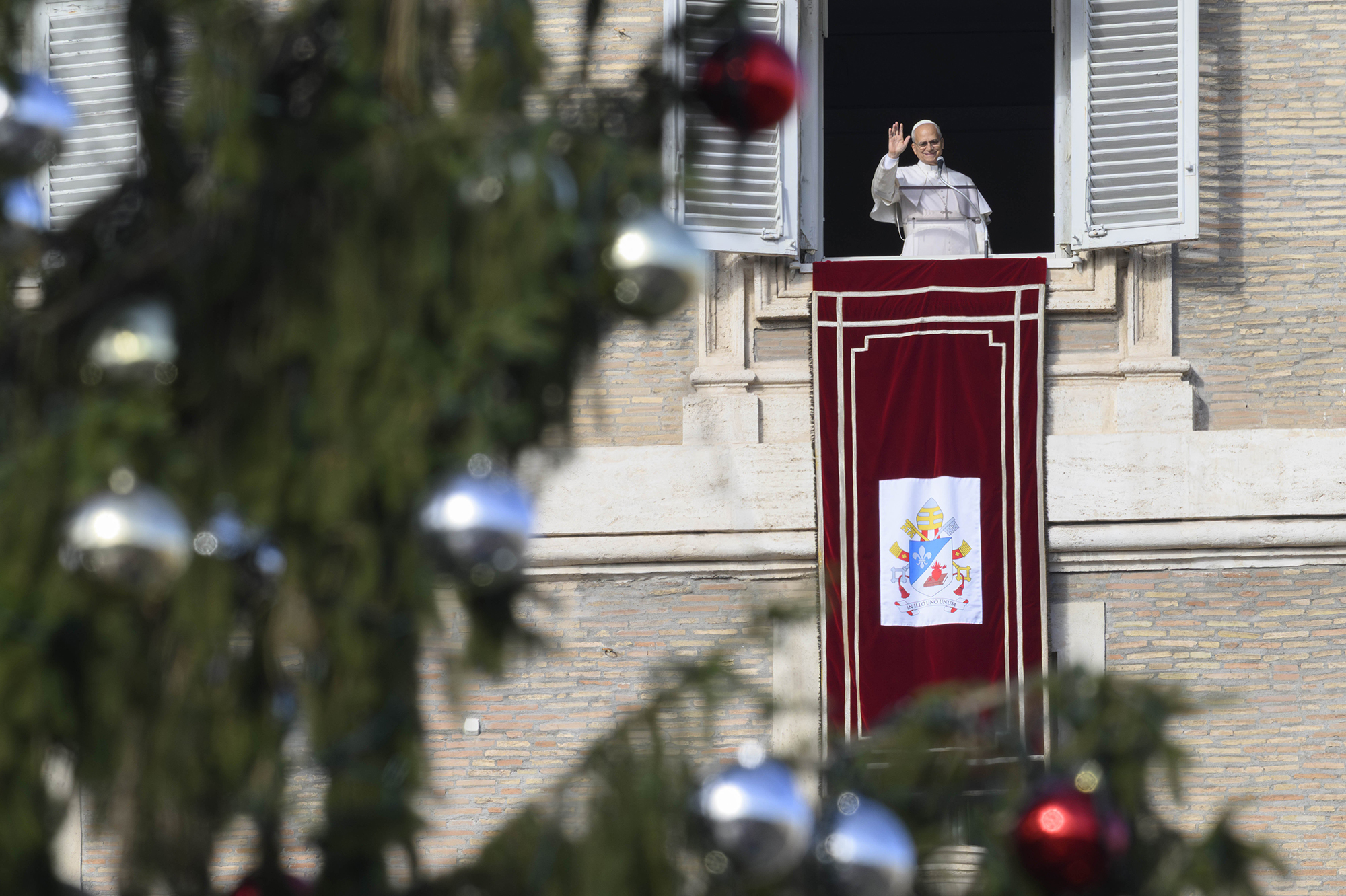SUNDAY SCRIPTURES FOR JULY 27 | Abraham shows us the power of asking God for His help for others
Abraham’s bartering with God for others shows us an another way to pray, in addition to our familiar prayers

The Gospel for the 17th Sunday in Ordinary Time reminds us of the source of a prayer that we pray together all the time. When asked by His disciples to teach them to pray, Jesus taught them the Our Father. Since it’s a prayer that most of us have memorized, we have to admit that it has become a habitual prayer. Let’s be honest with each other: We may have arguments about the appropriateness of raising hands during this prayer at Mass, how many times have each of us prayed without thinking about it or even being conscious of the words that were saying. That’s what happens when we do something over and over and it’s not connected with something real and living. But an example from the Old Testament this weekend should challenge not only how we pray but the kind of prayers that we’re offering for each other.
Most of us are very familiar with the story of Sodom and Gomorrah. But maybe not many of us are familiar with Abraham’s bartering with God. The dilemma was that these cities had a reputation of being filled with opportunities to do evil, especially against other human beings. Abraham is aware that there are people in those cities who are good people. He’s troubled that if the cities are destroyed, these innocent people will be taken down in the destruction. His bartering with God is a particular kind of prayer that I believe we should become more familiar with.
In his prayer with God, Abraham questions his belief in the actions of God in those two cities. In his prayer, he imagines the consequences of what God is about to do. God seems so angry with the behavior of most of the people in those cities, that He is about to destroy everything and everyone that’s connected with them. I’m sure Abraham’s dilemma stems from his knowledge those actions don’t fit in well with the relationship that he has with God. God has been generous and hospitable to him, and that is the kind of God he wishes for others.
Let’s take a step into our own day and time and see if we’re capable of praying the way Abraham does. He is looking out for the innocent in those cities, but I’m sure his mind and heart is set on all the folks who are there. What a waste of humanity for those cities to be entirely destroyed and every person annihilated. Abraham believes that another chance might give some people the opportunity to live better lives. He hopes God will give those people an opportunity for change, growth and transformation. In the end, we’re all responsible for our lives and the choices we make, but we also appreciate the second and third chances that we have received. Aren’t we appreciative of the people who have gone to bat for us with God, even when we didn’t have an active relationship with Him? Aren’t we appreciative of the people who stuck with us, even when we were not so lovable and didn’t even deserve to be loved?
There are so many opportunities today to look at other people and believe that the world would be better off without this person or this group of people. Then we can go on with our good lives and not have to worry about all those other bad people in the world. If we don’t respect others because of the choices they make, how can we ever barter with God and pray for those who need another chance?
In this coming week, pick out a particular person or a group of people that you might believe are worthless. Look deeper at the prejudices that invade each of our own hearts that allow us to discount and dismiss other human beings. The kingdom of God is at hand. Let’s act like that is true.





